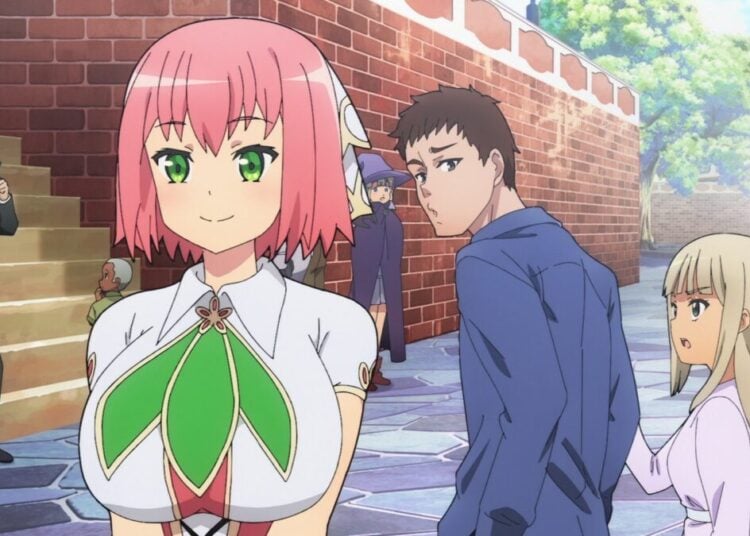I’ve made the hop from Japan to the U.S. once again, going from the world of sushi and bullet trains and the near-daily drizzle of Japan’s Rainy Season to lovely San Diego, always a pleasure thanks to the near-perfect weather here (although today was a tad hot if truth be told). We’re here to attend Anime Expo in Anaheim (or “Animeheim” as we like to call it around here), the most excellent anime convention in the world, held July 1-4. If you’ll be at the show, we hope you’ll come by and say hello! For information on the convention, see this page.
English is one of the hardest languages to learn because of its many conflicting rules for pronunciation, grammar and spelling, and the exceptions to those rules that abound at every turn. Hard as it is for someone to learn English in an ESL class in the U.S., it’s much worse if you’re trying to study while living in a place like Japan, where English is definitely a “foreign” language (as opposed to a “second” language, used in some fashion in daily life). My son attends an experimental elementary school in our prefecture which essentially teaches the normal Japanese curriculum, but with most classes in English rather than Japanese. Having class in English has been a great experience for my son, but spelling is still a chore, so he’s come up with a way to keep his skills up: verbally pronouncing all the letters in words, like the usually silent “gh” in “enough” or the invisible consonant in “knife,” to test his own spelling knowledge. The other day was my birthday and he wrote me a letter in really challenging English, thanking me for raising him and putting him in the new school, and promising to stop fighting with his sister and giving me grey hairs from stress. As a father, as well as a former English teacher, it was a very proud moment for me…
One theory of macro-economics says that countries should do things that they’re especially good at and leave other jobs to nations with skills in those areas. For example, since China is able to manufacture goods cheaply, they should take charge of manufacturing, while Japan sticks to areas it’s talented at, like designing advanced technology, engineering great products, and making extremely cute things like Domo-kun. Of course, pat theories like this don’t stand up for long in the real world, which is why Japan engages in every kind of business imaginable, even if they don’t make sense from a purely macro-economic standpoint. Agriculture is a big example of this, an incredibly inefficient endeavor when compared with the costs of growing food in other countries, yet one that’s very important to the Japanese, who knew real starvation in the years during and after World War II, which is why they attempt to be self-sufficient when it comes to food (or, their main staple of rice, at least). As the population ages, fewer and fewer Japanese are interested in agriculture as career, so there are substantial tax breaks for those engaged in farming, to keep the base from disappearing. Because of this, you can sometimes see some people growing rice and other crops even in Japan’s massive capital city of Tokyo, which really boggles the mind considering the cost of land there.
We do hope you’ll be able to attend Anime Expo and see all the good things we’ve brought for you. If you can’t make it, though, we’ve got a nice consolation prize: free shipping on all our PC dating-sim games to the U.S. and Canada (half price shipping for international customers) during the convention. This means it’s a great time to check out our fabulous selection of bishoujo and yaoi PC games and choose some fun titles. Remember, you get 20% off if you buy 4 or more games together. This includes the brand new X-Change 3!
















